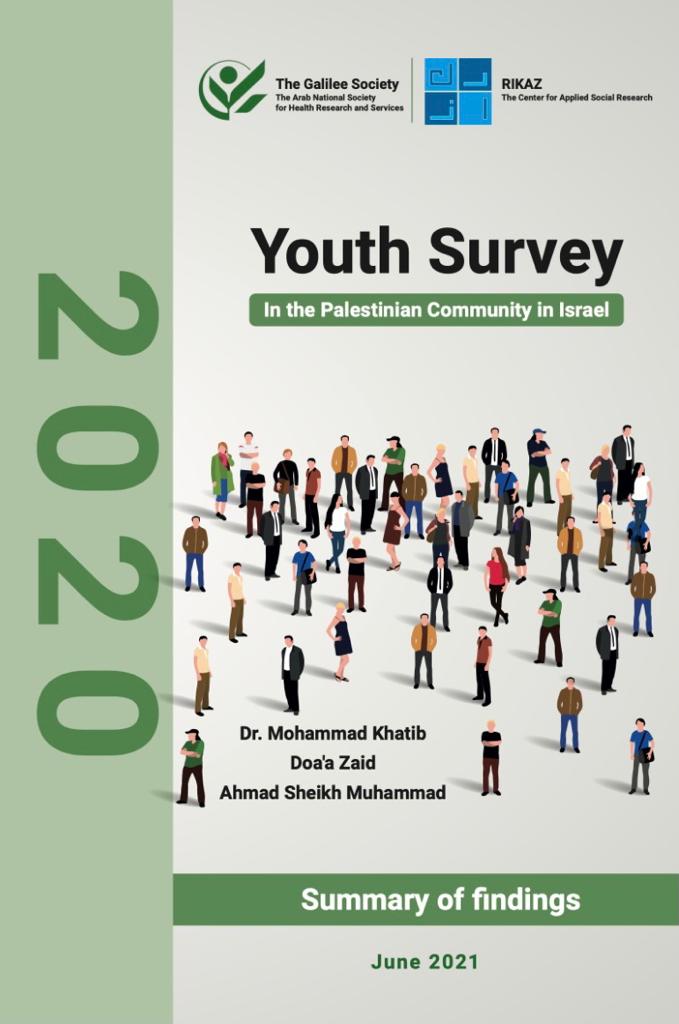According to a law amendment of the municipalities’ ordinance from 2005, environmental committees, which were previously optional, became statutory committees within the local authorities. The composition of these committees requires the participation of four municipality members, the senior employee in charge of the environmental issues and two public representatives. An observer from the Ministry of Environmental Protection and another observer from a national environmental organization should also attend the committee sessions.
Although the amendment of the Municipality law makes it compulsory to establish the environmental committees within the local authorities, very few municipalities have provided for their formation.
The difficulties of setting up these committees are mainly due to the lacking of a committee culture in the Arab local authorities, limited specific knowledge on environmental issues, and most importantly, very few local authorities are aware of the amended law, therefore they are not familiar either with the environmental committees.
This highlights the local authorities’ institutional weakness and consequently results in poor performance on the environmental field.
At present, environmental matters are the responsibility of local authority’s health or sanitation departments. These departments, de facto and/or de jure, deal only with a narrow spectrum of environmental issues, such as collecting garbage, licensing businesses and sanitation. Arab local authorities have not yet established environmental committees to take responsibility for a full range of environmental matters. In light of this, establishing such committees and empowering them through workshops makes a crucial contribution to the capacity of local authorities to manage environmental issues effectively.
The Galilee Society along with four Bedouin municipalities Bir El-Maksour, El-Kay’bia-Tabbash-ElHjajri, Basmet Tabu’n and El-Zarzer has implemented the EU funded pilot project “Green Committees for Social Change”. The aim of this project was to strengthen the capacities of these four municipalities in Environmental planning by establishing and empowering Environmental Committees.
Drawing from the excellent experience and results achieved by this EU supported project, the Galilee Society is willing to replicate this new model in other local authorities. This best practice not only would be a vital mechanism on the environmental field but also would result in increasing the democratic participation in Arab society and directly benefit Local Authorities and their communities.


